Through research, synthesis and comparison with the orientations and policies of Resolution No. 55-NQ/TW, the National Energy Plan and the Power Plan VIII, the Vietnam Oil and Gas Association believes that the realization of gas-fired power, LNG and offshore wind power projects continues to face difficulties and obstacles for management levels, entities and investors in the project chain.
This leads to the risk of slowing down and not ensuring the development speed of power source projects in the short and long term according to the plan. That is the statement of Dr. Nguyen Quoc Thap, Chairman of the Vietnam Petroleum Association at the Electricity Law (amended) Seminar: Legal gaps need to be filled and supplemented in the spirit of Resolution 55-NQ/TW, Conclusion 76-KL/TW organized by the Vietnam Petroleum Association from October 16 in Hanoi. Accordingly, as the presiding agency,
the Ministry of Industry and Trade has deployed the construction of the Electricity Law (amended) project and widely collected opinions from agencies, organizations and individuals since March 28. Along with that, reviewing legal problems in implementing electricity projects, directing and coordinating the completion of the Electricity Law Project (amended) and related laws were also established with the members of relevant Departments and Divisions under the Ministry of Industry and Trade, Vietnam Electricity Group (EVN), Vietnam Oil and Gas Group (Petrovietnam) to review legal problems and complete the Law Project. Up to now, the drafting agency has selectively received many contributions from agencies, experts and scientists in the field of electricity and energy to complete the draft of the amended Electricity Law and submit it to competent agencies of the Government and the National Assembly. The Draft Law on Electricity (amended) is a multi-disciplinary intellectual and scientific work of energy based on the practical implementation of the 2004 Law on Electricity and the developments in the implementation process, along with the orientation in the spirit of Resolution 55-NQ/TW, Conclusion 76-KL/TW and the directions of the Prime Minister. However, through research, synthesis and comparison with the orientations and policies of Resolution 55-NQ/TW, the National Energy Plan and the Power Plan VIII, Dr. Nguyen Quoc Thap, Chairman of the Vietnam Oil and Gas Association, said that the realization of gas-fired power, LNG and offshore wind power projects continues to face difficulties and obstacles for management levels, entities and investors in the project chain.
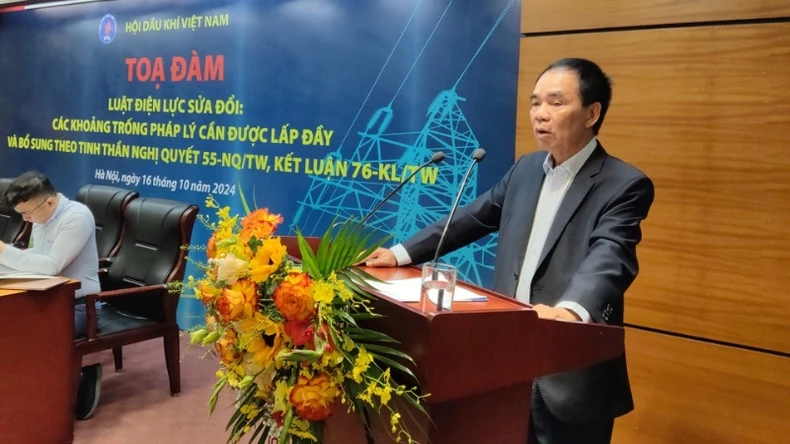 |
| Dr. Nguyen Quoc Thap, Chairman of Vietnam Petroleum Association |
This leads to the risk of slowing down and not ensuring the development speed of power source projects in the short and long term according to the plan. Therefore, it is necessary to supplement regulations and mechanisms to resolve policy problems in electricity operations; develop a mechanism for guaranteeing and managing the Government on diversifying investment in power transmission infrastructure; develop a mechanism for the value of electricity transmission fees according to the market mechanism. In particular, the draft Law needs to have specific regulations on import fees, inventory and gas coordination. At the same time, ensure synchronous amendments and supplements to related laws such as the Law on Environmental Protection; Tax Laws; Law on Marine and Island Environment and Resources. According to the Power Plan VIII, by 2030, the installed capacity of offshore wind power will be 6,000 MW, accounting for 4% of the installed capacity of the system; By 2050, the installed capacity of offshore wind power will be 70,000-91,500 MW, accounting for 14.3-16% of the installed capacity of the system, ranking second in terms of installed capacity scale. Offshore wind power for export is encouraged to develop without limit. However, current legal regulations cannot fully regulate the development of offshore wind power projects. Along with that, there are many obstacles and inadequacies in the legal regulations on offshore wind power related to many Codes, Laws as well as the functions of many ministries and branches; there are no regulations and mechanisms to develop the first project in the initial stage. In particular, there are still different understandings about allowing (or not allowing) foreign organizations and individuals to conduct wind measurement, geological and topographic surveys at sea. In addition, there are no specific regulations on records, documents, procedures, and time for approving the measurement, monitoring, investigation, survey, and assessment of marine resources. Many opinions attending the discussion also said that this is an important stage for professional associations, agencies, corporations, and energy enterprises to exchange arguments, assessments both in terms of law and practice, and to jointly review and provide comments on the draft Electricity Law, in which policy mechanisms need to be urgently developed and submitted to the National Assembly for promulgation. At the same time, it also proposed policy mechanisms related to the development of national energy infrastructure to ensure national energy security and national
economic development. In particular, institutional improvement is considered a prerequisite to promote the process of building and developing energy infrastructure and ensuring national energy security.
Nhandan.vn
Source: https://nhandan.vn/luat-dien-luc-sua-doi-can-hoan-thien-the-che-bao-dam-an-ninh-nang-luong-quoc-gia-post837016.html
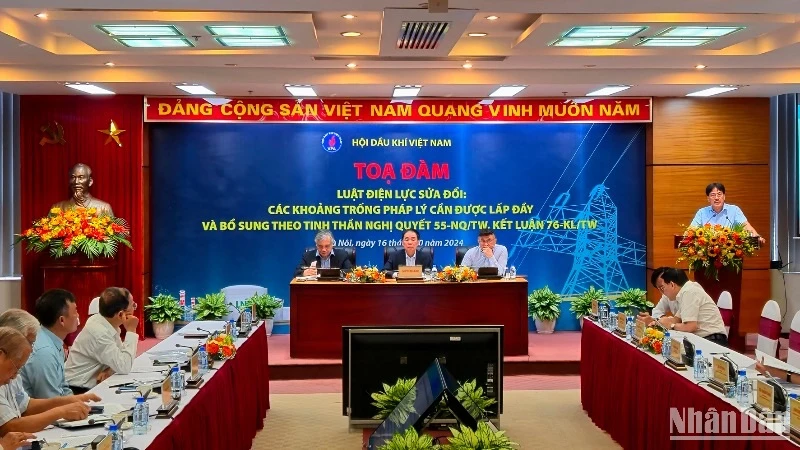
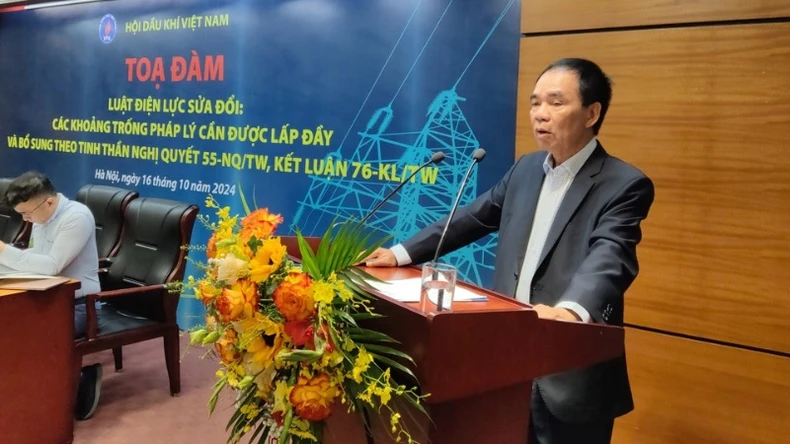


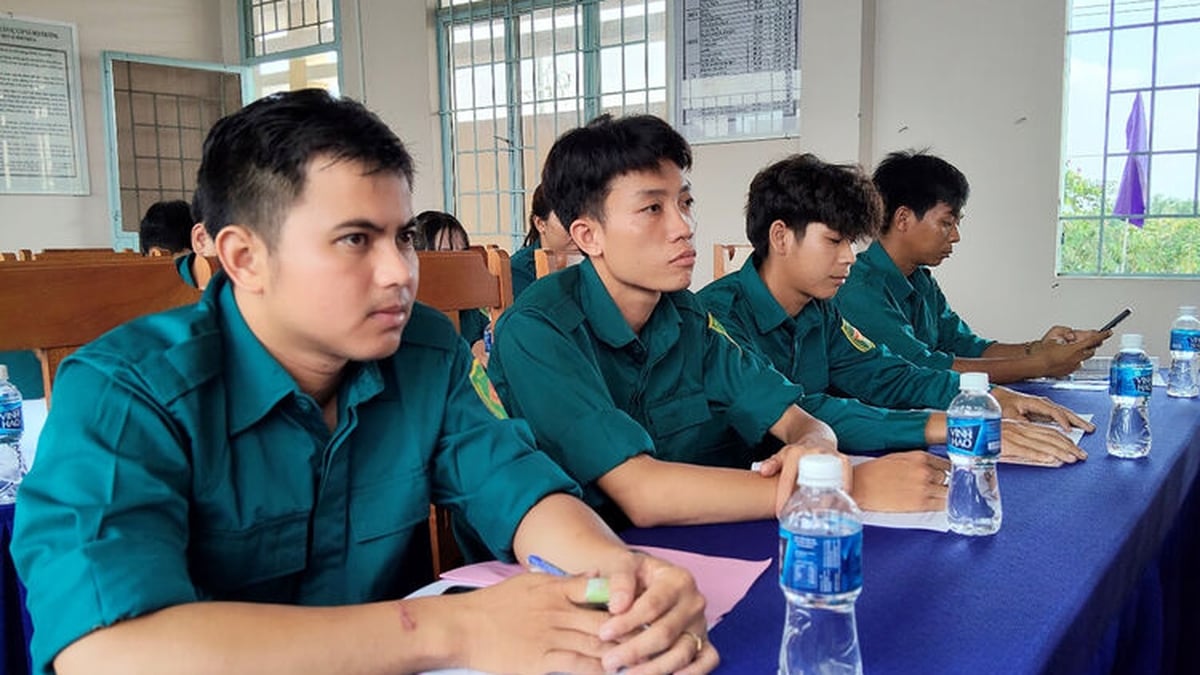
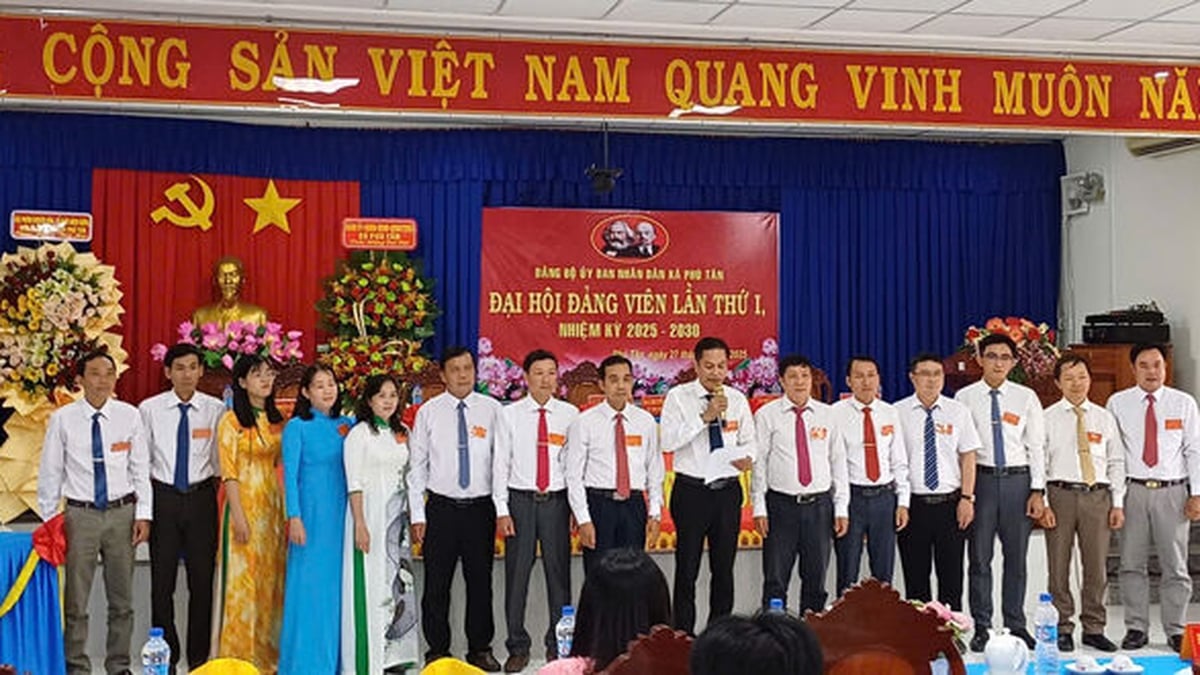




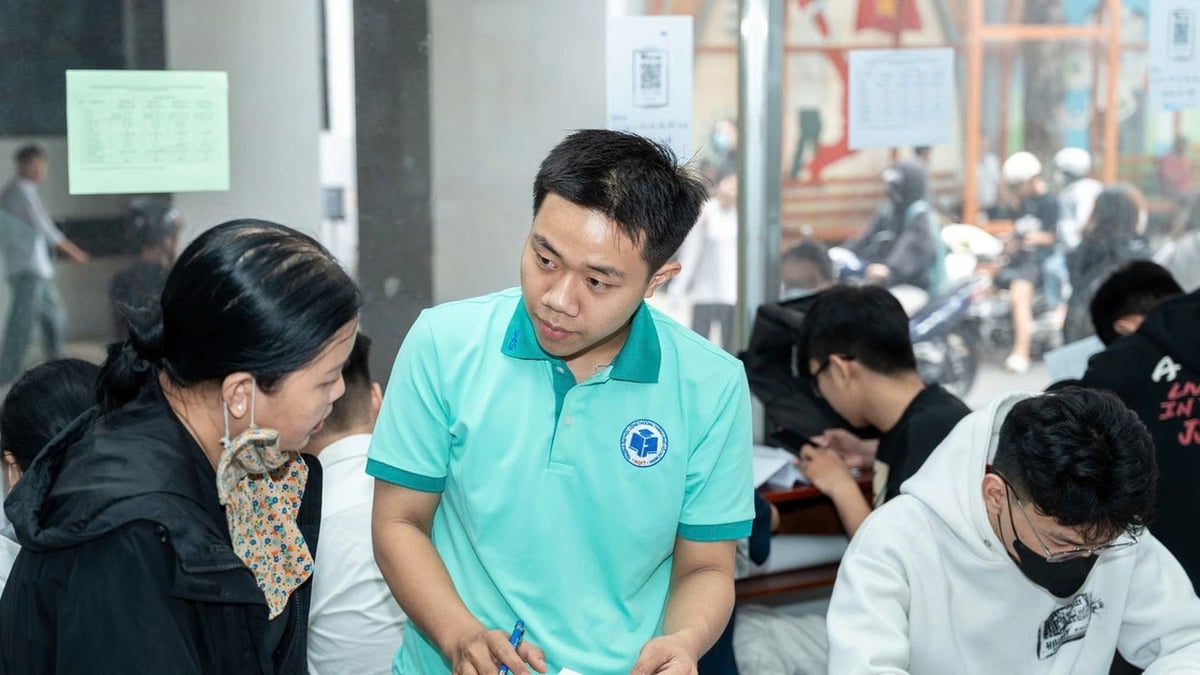
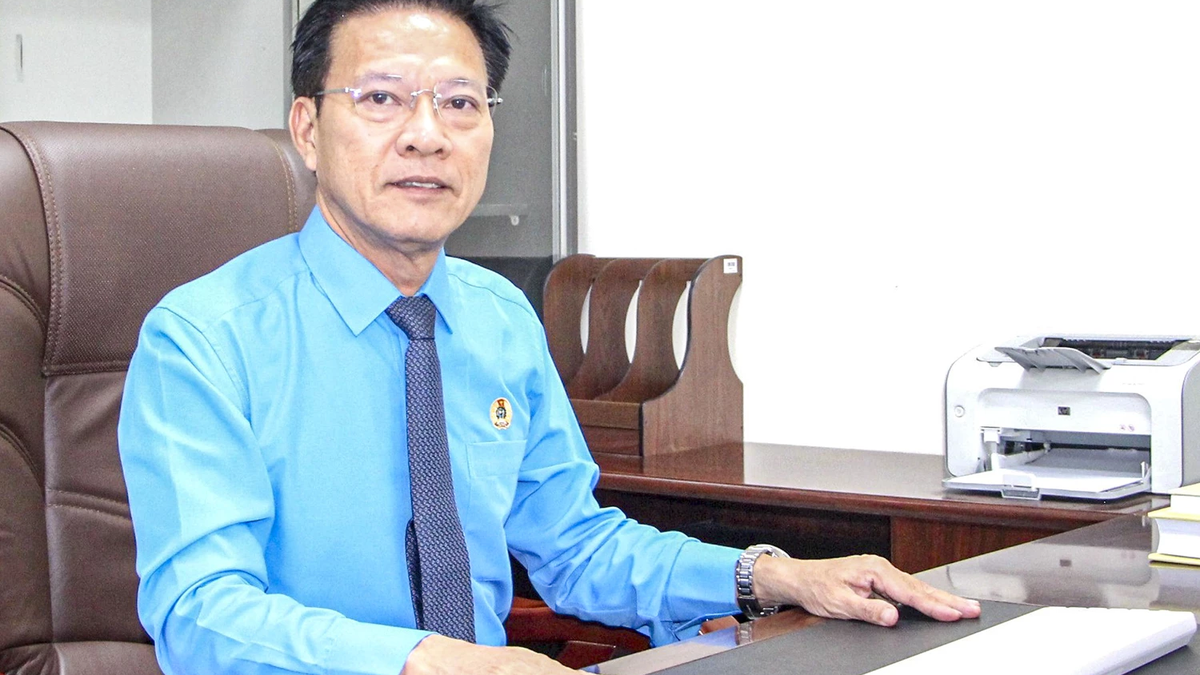
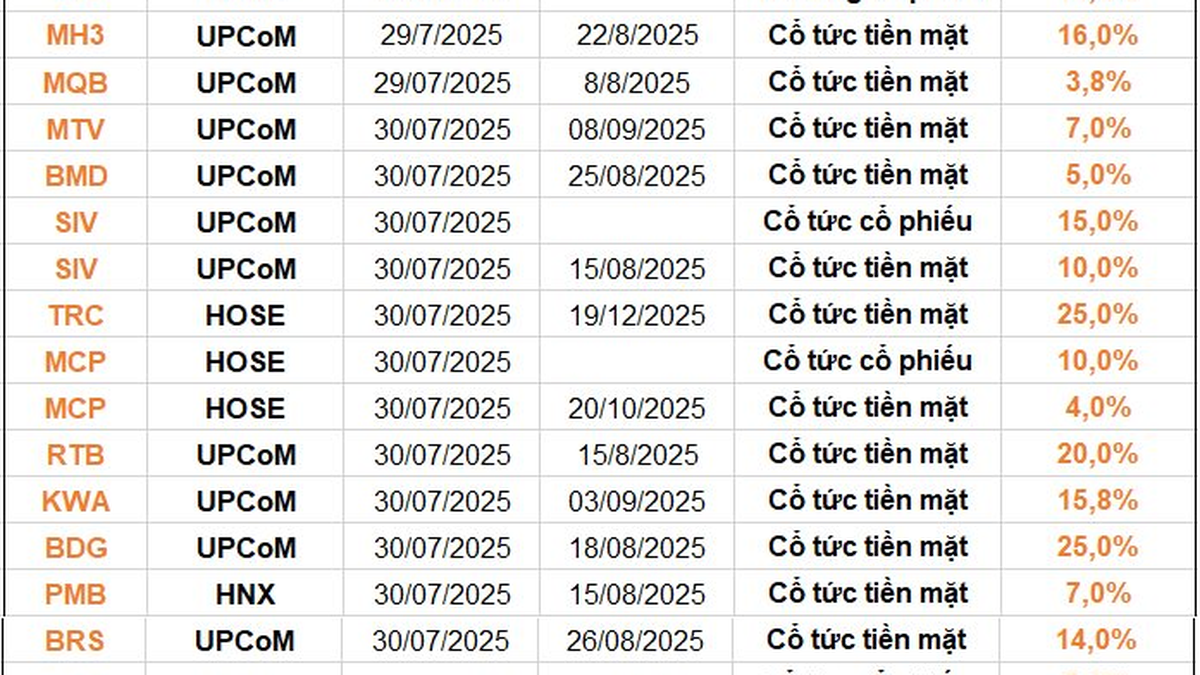
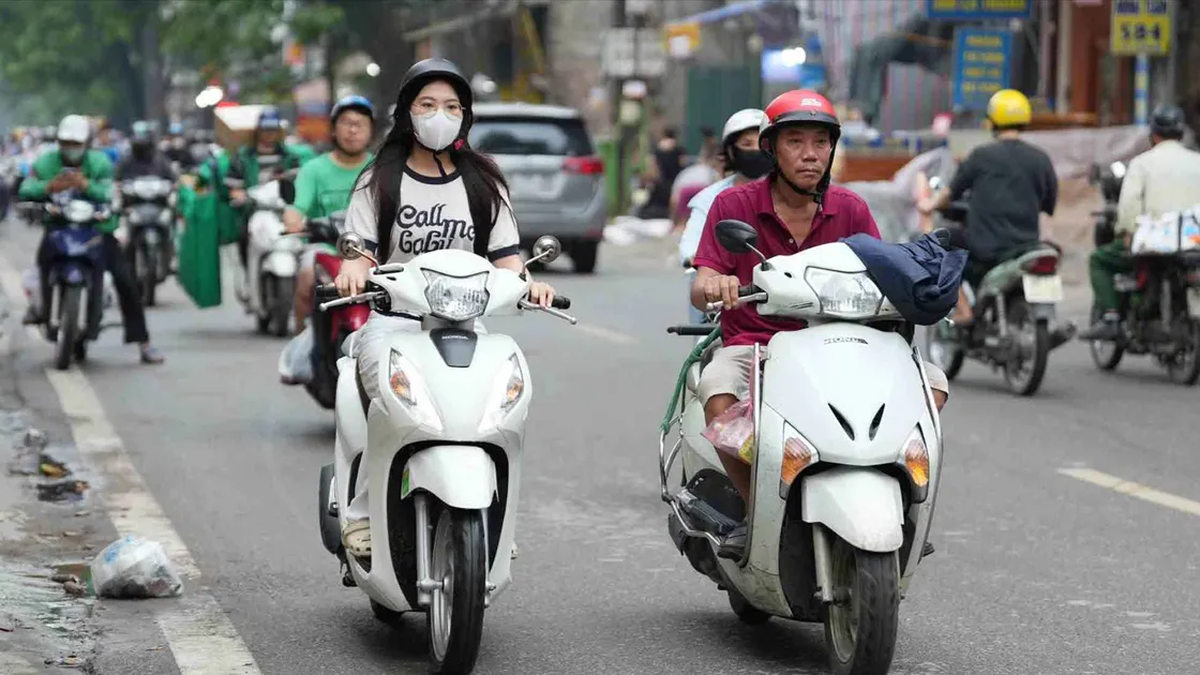






















































































Comment (0)